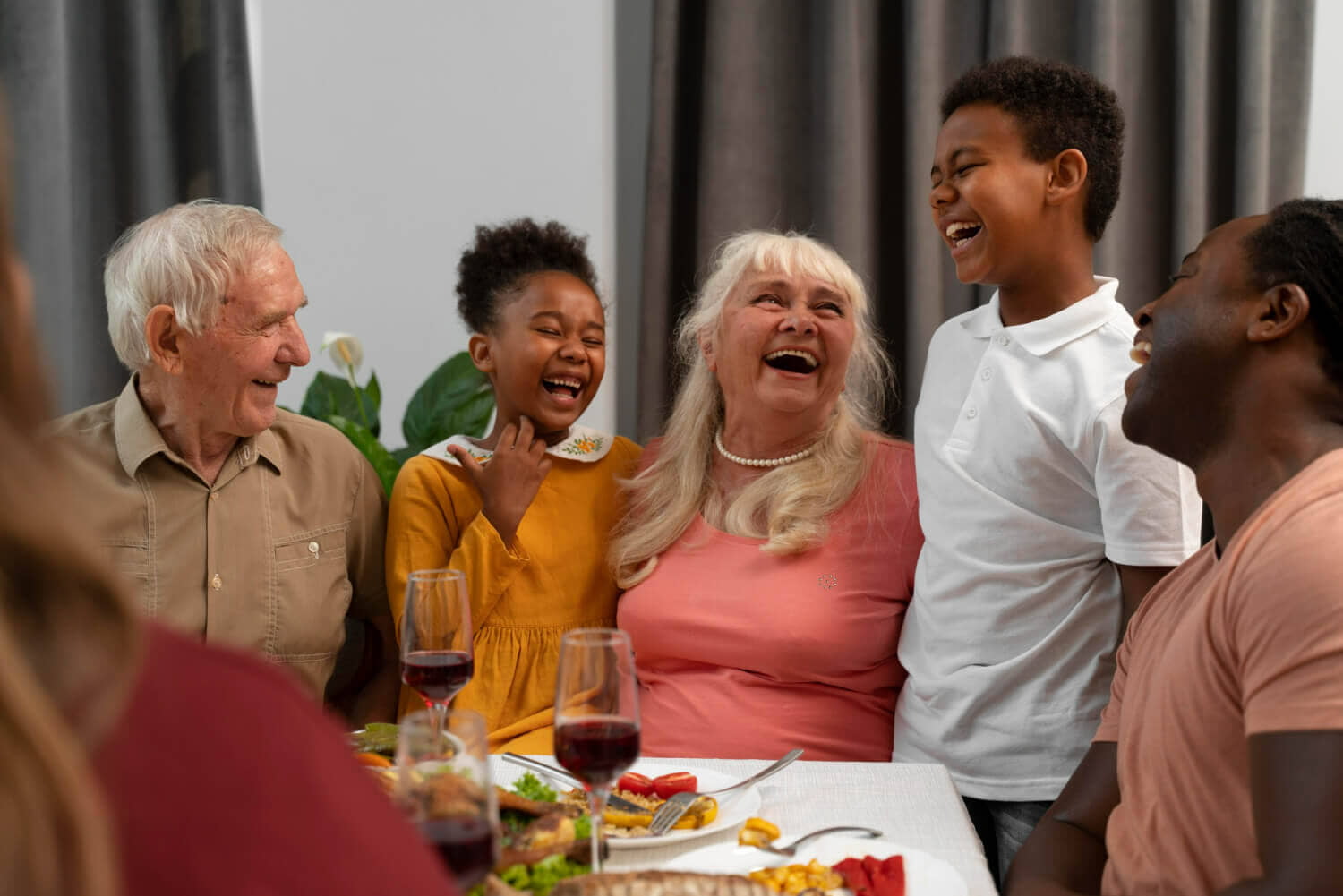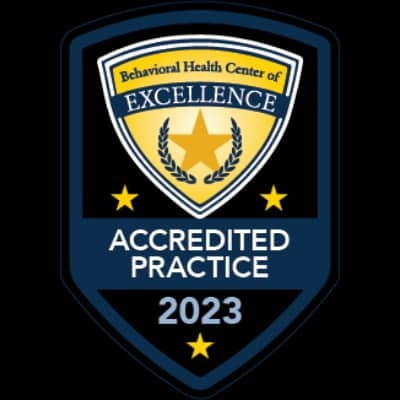
By: Cristina Martínez
M.B.A, M.S, BCBA, LBA
Coauthor: Ariadna Martin,
MS
Thanksgiving: A Perfect Opportunity for Social Growth
Thanksgiving is more than just a time for turkey, pie, and family gatherings—it's a holiday rich with opportunities to teach and practice essential social skills like gratitude, sharing, and turn-taking. These skills, though simple in concept, are foundational for building meaningful relationships and fostering positive interactions in everyday life. For individuals receiving Applied Behavior Analysis (ABA) services, Thanksgiving presents a natural environment to generalize these skills outside of therapy sessions.
However, the bustling nature of the holiday—crowded rooms, unfamiliar faces, and unstructured activities—can feel overwhelming for individuals on the autism spectrum or those with social skill challenges. The good news? With thoughtful planning and practical ABA strategies, caregivers and therapists can help set the stage for success, making Thanksgiving a positive and rewarding experience for everyone involved.
In this blog, we’ll explore actionable techniques to teach gratitude, encourage sharing, and promote turn-taking during Thanksgiving festivities. Whether you’re a caregiver or therapist, these strategies will equip you with some tools to make this holiday a meaningful learning opportunity while keeping the focus on connection, joy, and gratitude.
Teaching Gratitude
Start by modeling simple phrases like “Thank you” or “I’m grateful for...” during everyday interactions leading up to the holiday. Reinforce attempts at expressing gratitude, even if imperfect, to build confidence and consistency. Visual aids or cue cards can help individuals formulate their thoughts when thanking others. For nonverbal learners, teaching gestures like a smile, a nod, or signing “thank you” provides meaningful ways to show appreciation. Preparing a “gratitude list” with your child or client before the big day can help them feel ready to participate when family members share what they’re thankful for.
Encouraging Sharing
Involve the individual in passing dishes during dinner or taking turns with others to serve themselves. Reinforce each instance of sharing with praise or small rewards to emphasize its positive impact. Structured activities like playing a board game or working on a collaborative craft project can also encourage sharing in a fun, low-pressure setting. Social stories are a helpful tool to explain why sharing is important and what it looks like in a Thanksgiving context.
Promoting Turn-Taking
Games like charades, card games, or even taking turns in conversation offer great opportunities to practice. Visual aids, such as a “who’s next” board or a timer, can help clarify whose turn it is and reduce anxiety or confusion. Prompting may initially be needed to guide participation, but over time, as skills improve, prompts should be faded to encourage independence. Highlight successes in turn-taking with enthusiastic reinforcement to motivate continued effort. These activities not only enhance social interactions but also help the individual feel included in the group dynamic.
And as a final remark… we would not want to end this blog without expressing how immensely grateful we are, for the opportunity to work with and learn from all of you. Together, we are building a community rooted in shared success.
Wishing you all a joyful Thanksgiving, rich in meaningful moments and continued progress!


